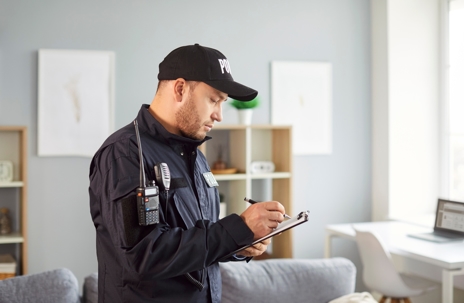Few things strike more fear in a parent’s heart than hearing that the police want to speak with their child. Whether it’s a call from the school or the police station, the thought of your child being questioned by law enforcement can be overwhelming. Knowing how to respond — and how to prepare your child — can make all the difference in protecting their future.
Why Police Question Children
Police officers and school resource officers may question minors as part of an investigation or when an incident occurs on school grounds. Sometimes, the goal is to gather information; other times, your child might be viewed as a suspect. Regardless of the reason, these interactions carry serious risks. A child’s words — even when spoken innocently — can be misunderstood or used against them later.
The Power Imbalance in Police Questioning
Children are taught from a young age to respect authority figures: teachers, coaches, principals, and police officers. This makes them especially vulnerable in high-pressure situations. When an officer with a badge and gun asks questions, a child may feel compelled to cooperate, even if they don’t fully understand the situation.
Unlike adults, children may not grasp their constitutional rights — including the right to remain silent and the right to have a parent or attorney present. This imbalance can lead to confusion, fear, and statements that unintentionally create legal trouble.
How Police Questioning Works
When police question a child, the process can look similar to an adult interrogation. Officers may read Miranda rights, ask open-ended questions, and use tactics designed to elicit responses. Even if officers assure your child that they “just need to clear something up” or that “they’re not in trouble,” their words still carry weight.
Because of this, parents should assume that any questioning — no matter how informal — could have legal consequences.
What Your Child Should Say
Every parent should have a direct, age-appropriate conversation with their child about what to do if approached by police or school officials. The most important phrase your child can remember is:
“I want my mom or dad here before I talk.”
That simple statement protects your child from being questioned without your knowledge or consent. Repetition and reinforcement are key — much like teaching a child to “stop, drop, and roll” in an emergency.
What Parents Should Do
If you are contacted because your child is being questioned, stay calm and get to the location immediately — whether that’s the police station or the school. Once there:
- Ask what’s happening. Request to know what rule or law your child is accused of breaking.
- Do not let your child speak alone. Politely but firmly insist on being present for any questioning.
- Avoid making statements. Don’t try to explain or “clear things up.” Wait until you’ve spoken with an attorney.
- Follow up in writing. You can include a note in your child’s school record stating that no one is authorized to question your child without you present.
When to Contact an Attorney
Even if the situation seems minor, it’s crucial to contact a criminal defense attorney before allowing your child to answer any questions. Police and school officials may appear friendly, but their goal is to gather information — not to protect your child’s rights.
An attorney can help ensure that your child is treated fairly and that their rights are fully respected throughout the process.
Protecting Your Child’s Future
At Just Criminal Law, we know that one conversation with law enforcement can have lifelong consequences. Preparing your child in advance and asserting your rights as a parent can prevent misunderstandings and protect your family.

